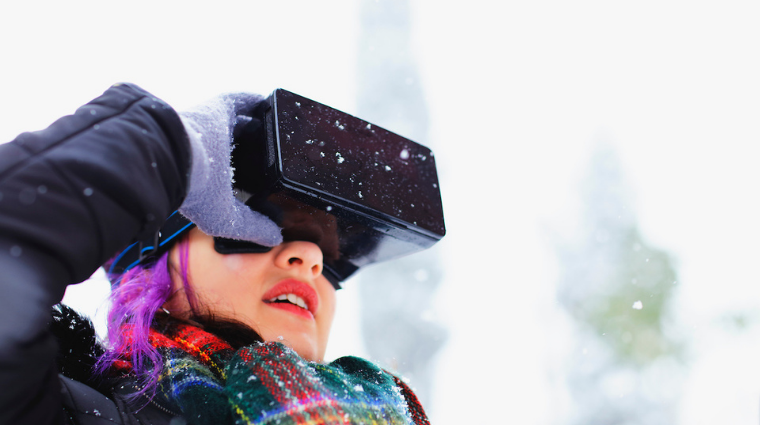Researchers with Saskatchewan Polytechnic are finding ways to use virtual reality to provide mental health support to northern Indigenous youth.
Lindsey Boechler, the research chair with the Centre for Health Research, Improvement and Scholarship at Sask. Polytech., is part of the team currently doing the community-based research in La Loche. Boechler said this research would allow children to access mental health supports from their community rather than making them travel.
She said the virtual reality support would have a two-prong approach: youth would be able to access asynchronous support material at any time and they’d also be able to participate in live meetings.
“The interesting part about virtual reality is really the opportunities, or the potential, is endless,” she said. “You can fully immerse yourself in different environments and we’re actually exploring different platforms where you can interact with others in live time. So, it’s just a different way to connect.”
Boechler said these meetings could be with counselors or other support workers.
The researchers have been working with the community of La Loche, which is about 600 kilometers northwest of Saskatoon, to ensure the virtual support is culturally relevant and includes everything children would need.
“We’re starting to work with the community members themselves to see what different things interest them and (to) better understand what the current status is (and) what the current barriers that are being faced are so that we can look at different options on how to overcome this and how to provide more equitable care to those living in rural, remote communities across Saskatchewan.”
Boechler said one way virtual reality can be used is to make traditional teachings readily available to youth.
“There’s a lot of culture that’s being lost, so students are very interested in learning from the Elders and storytelling,” she said. “The community we’re working with right now in La Loche— the Elders have been really engaged throughout this project and they’re willing to share some of their stories so that the students can access them at their leisure through virtual reality.”
Boechler ensured the software would not take away from face-to-face supports and connection. Rather, researchers are trying to increase accessibility.
(PHOTO: Virtual reality could make mental health supports more accessible to northern Indigenous youth who would normally have to travel to access this care. Photo courtesy of Saskatchewan Polytechnic.)
